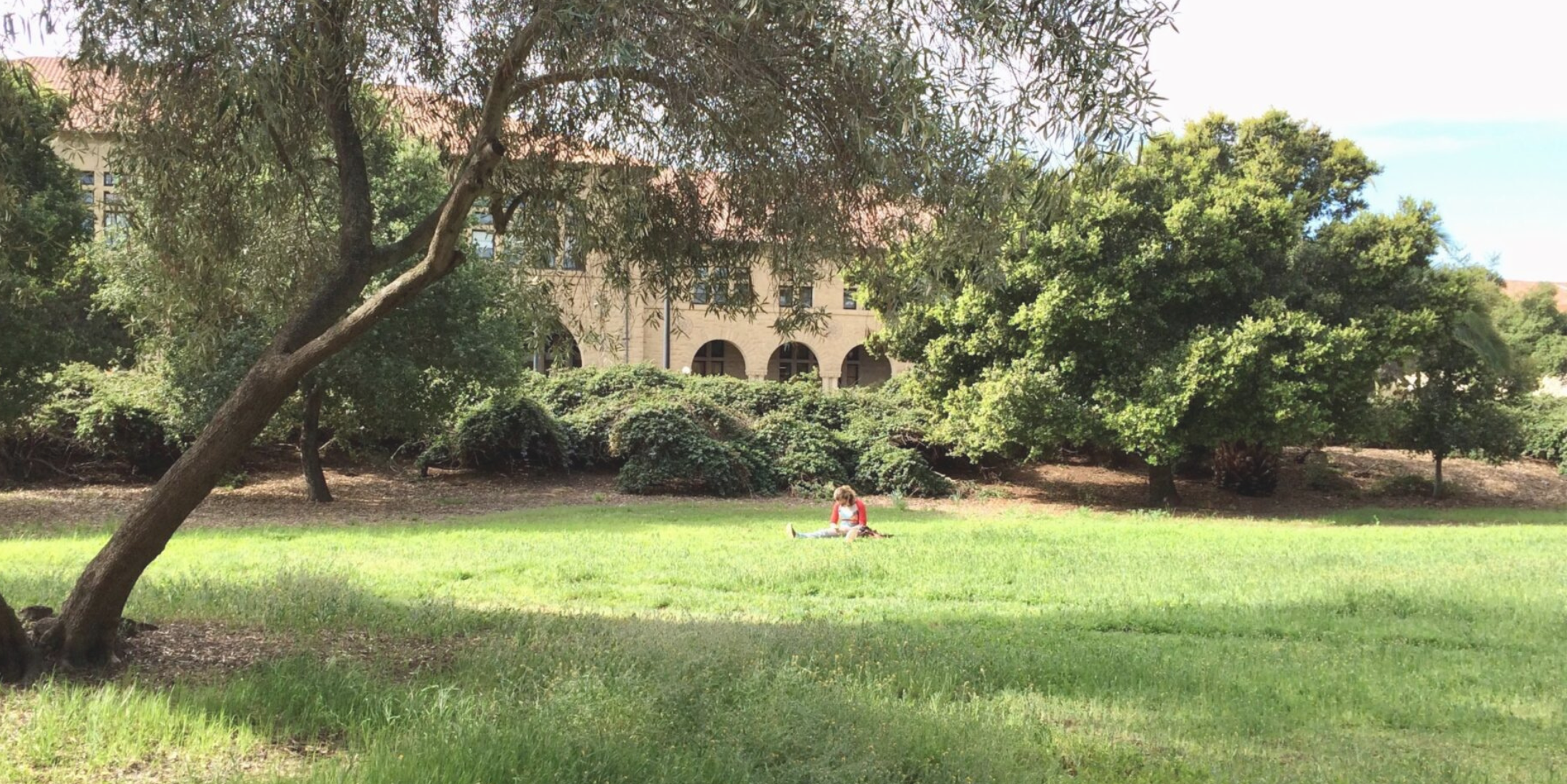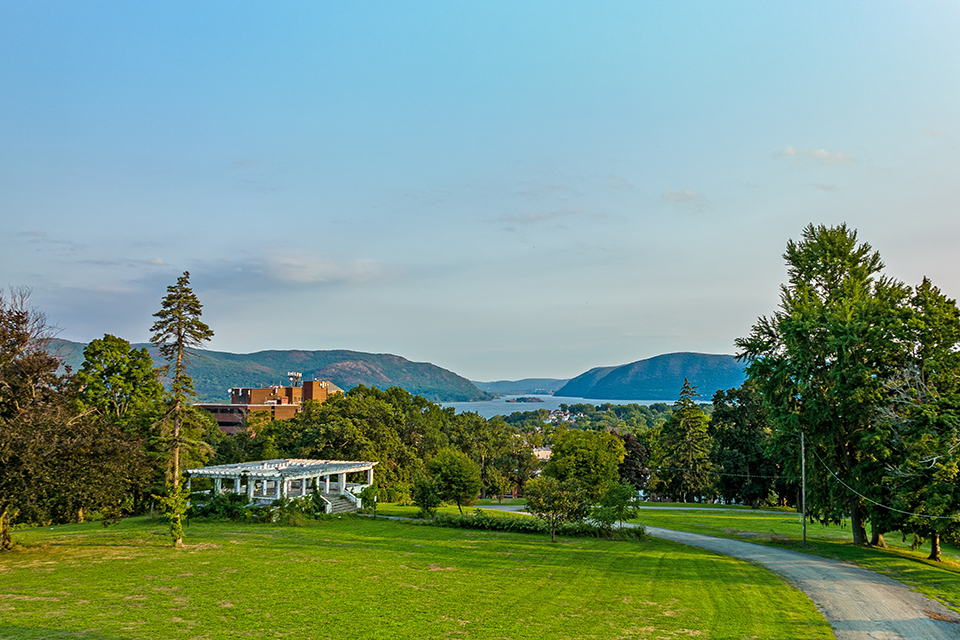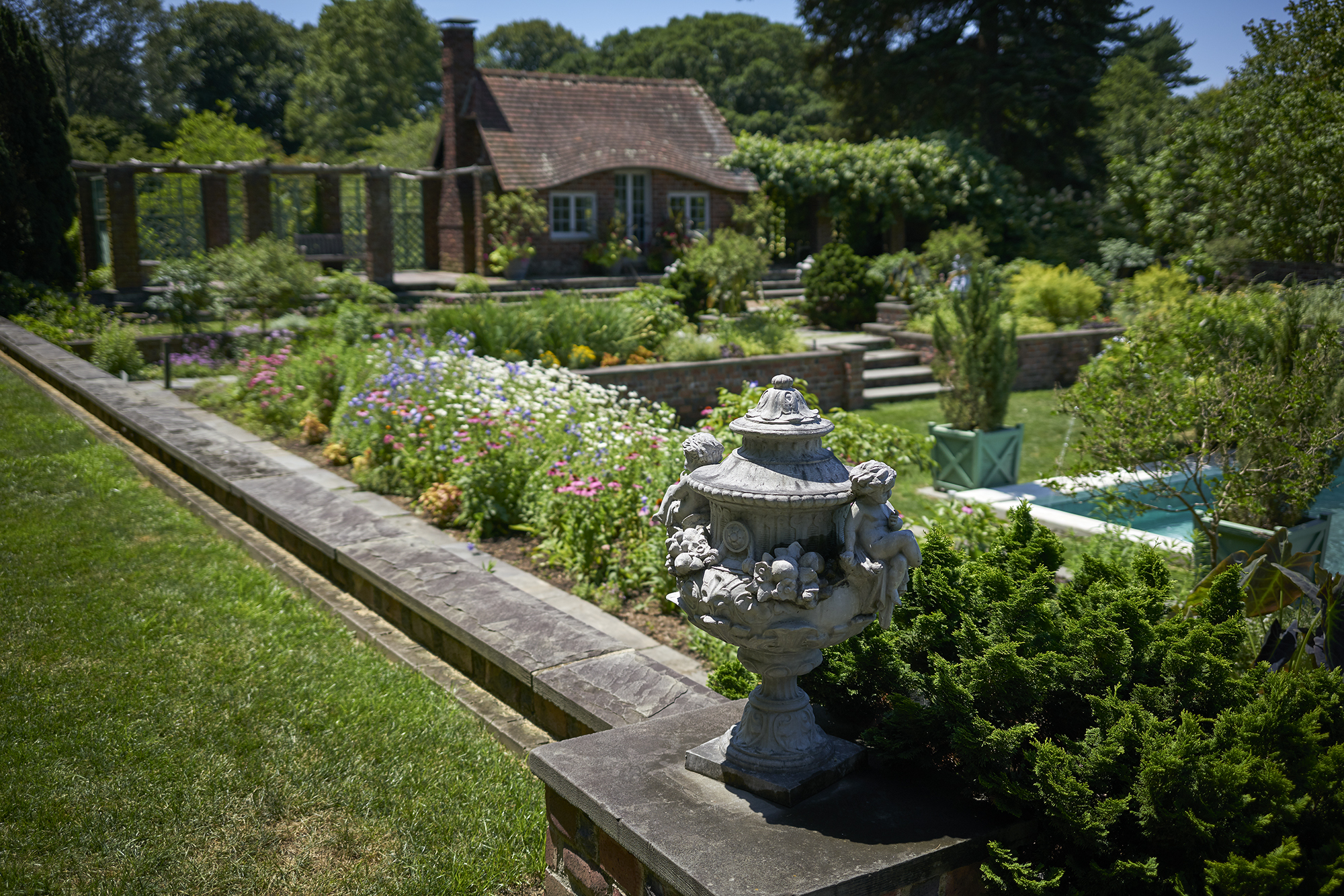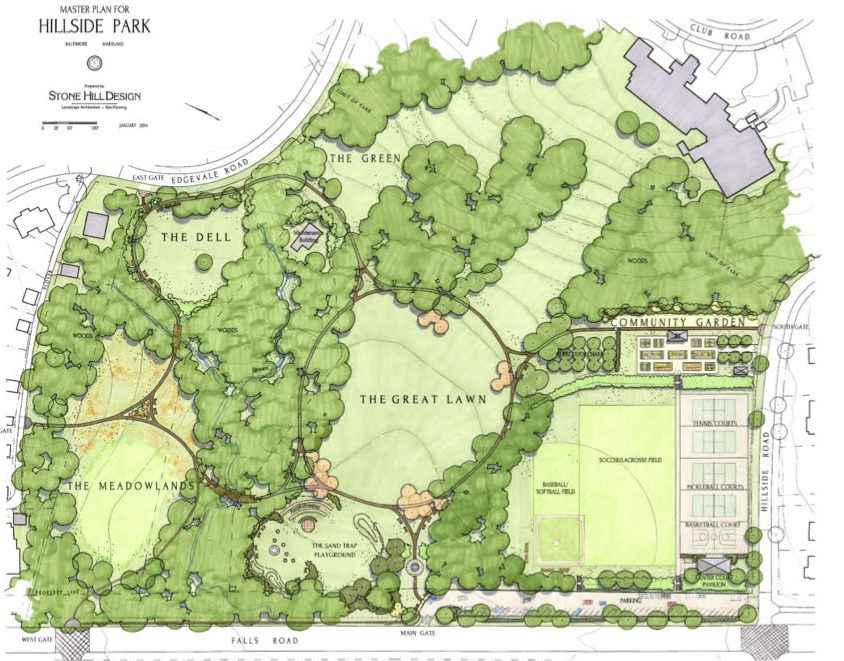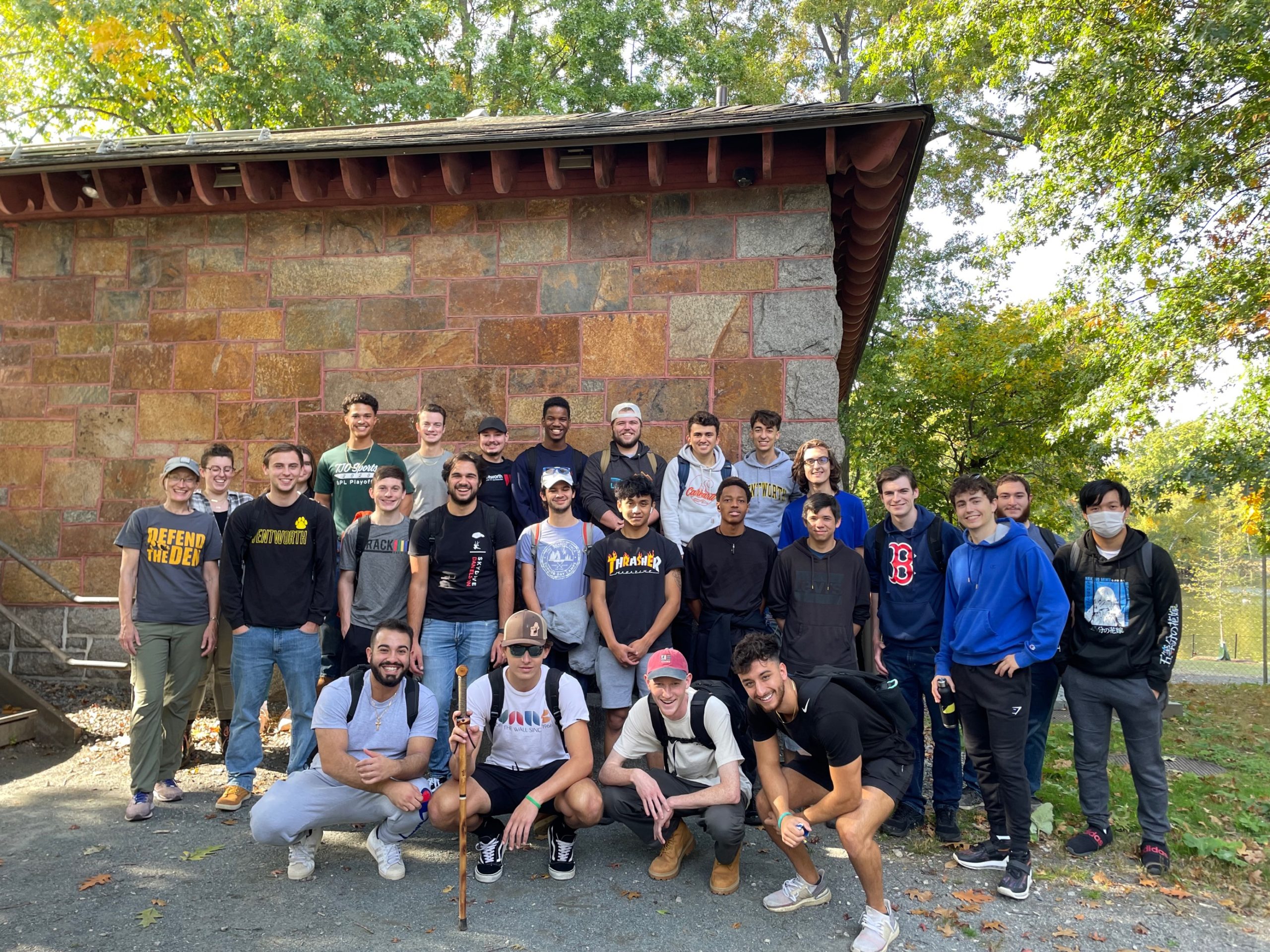
With an astounding 526 acres, Franklin Park is the largest link of Boston’s Emerald Necklace park system, and one of only a few of Olmsted-designed “country parks” that remain intact today. Over the years, it has become home to concerts, cultural festivals and sporting events—many of which take place in George R. White Memorial Stadium, built in 1945 for the use of Boston Public Schools student-athletes. White Stadium has been the site of football games, soccer games, track meets and more, but over the years has fallen into disrepair and is in desperate need of renovation.
A renovation proposal was put forward in late 2023, in which the City of Boston would contribute $50 million in funding and a private, professional soccer team would contribute an additional $30 million. In return, the City would lease the renovated White Stadium to Boston Unity Soccer Partners, LLC, making it the team’s home field for up to 30 years.
For-profit amenities like a beer garden and merchandise shops would be added to the historic public park. At the same time, the games played by this professional team would displace Boston Public School athletic programs from April to October each year, in addition to parkgoers who use the facility from surrounding environmental justice communities like Dorchester, Roxbury and Mattapan. Investors anticipate thousands of out-of-town spectators attending the games, yet there is no plan for parking.
This proposal is being fast-tracked for completion ahead of the 2026 season. This has led to a violation of the Public Lands Preservation Act, Article 97 of the Massachusetts Constitution. Enacted in 1972, Article 97 protects public parkland and restricts the often-attempted use of “free” public space for private or purposed public but non-recreational purposes.

Many members of the community around Franklin Park are deeply concerned by this proposal, and the Emerald Necklace Conservancy shares these concerns. Particularly, we take issue with the unconstitutional privatization of public land, displacement of the local community, the absence of a realistic transportation plan for attendees, and most importantly the lack of adequate community process.
In February, the Emerald Necklace Conservancy, along with citizen plaintiffs, filed a legal complaint regarding the proposal. Our complaint asks the justice system to review and clarify the laws around two key issues: the environmental review required by Article 97, and laws around the treatment of land held by public charitable trusts, specifically the City of Boston’s George Robert White Charitable Trust Fund—the owner of White Stadium. We are urging the city to comply with the law and better engage with the communities around the park.
There is no doubt that White Stadium needs renovation desperately, for the benefit of the student athletes and community members who use it today. Visit our website to learn more about the proposal and the Conservancy’s advocacy. Rather than turn over White Stadium to a private group of investors, we should focus on improving the stadium, and the rest of Franklin Park, with the funds the city has already identified.
The Olmsted Network issued this statement on White Stadium and continues to monitor the situation closely.



